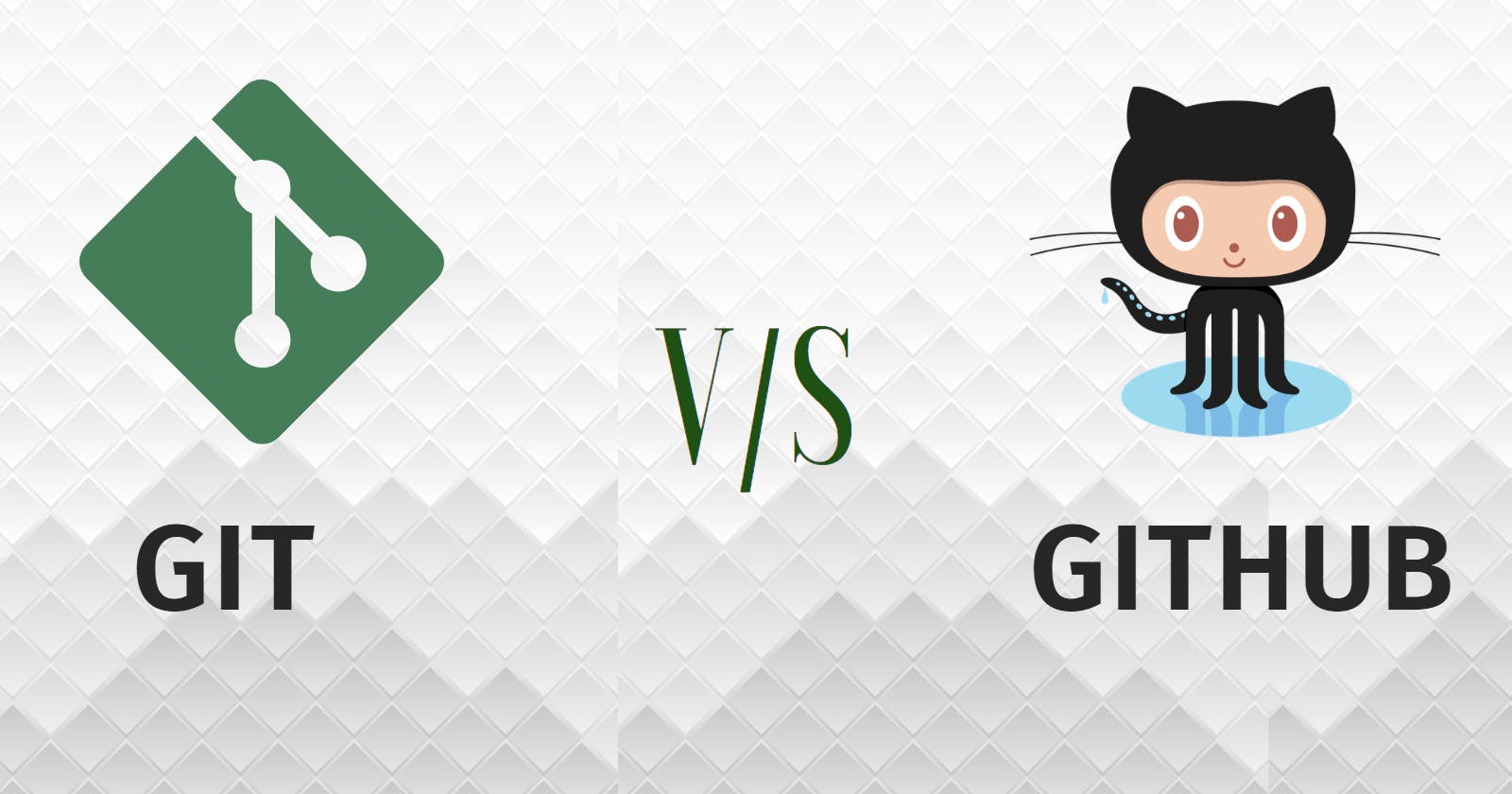What is Git?💻💻
Git is a distributed version control system that is widely used for software development. Git enables developers to track changes to source code and collaborate on software development projects with others. It allows developers to work on their own copies of the code, make changes, and merge those changes back into a shared repository.
Git works by creating a repository that contains all the files, history, and metadata of a project. Developers can create branches of the repository to work on specific features or changes, and then merge those changes back into the main branch when they are complete.
One of the main advantages of Git is its distributed nature. This means that developers can work on their own local copies of the repository, without the need for a centralized server. This makes it easier for developers to work together, even if they are located in different parts of the world.
Git is widely used in the software development industry and is supported by many popular development tools, such as GitHub, GitLab, and Bitbucket.
:- Important point: Git was created by Linus Torvalds in 2005 to help manage the development of the Linux kernel.
What is GitHub?🤔🤔
GitHub is a web-based platform that provides hosting for software development and version control using Git. It was launched in 2008 and has since become one of the most popular platforms for hosting open-source projects.
GitHub allows developers to store their code in a repository, which can be accessed by other developers for collaboration and contribution. It provides tools for code review, issue tracking, and project management, making it easier for teams to work together on software development projects.
Developers can create their own repositories on GitHub, or contribute to existing projects hosted on the platform. GitHub provides a variety of features for collaboration, such as pull requests, which allow developers to propose changes to a project and have them reviewed and merged by other contributors.
GitHub is widely used in the software development industry and is popular among both individual developers and large organizations. It is used for a wide range of software development projects, from open-source projects to proprietary software development within organizations.
GitHub is also home to a large community of developers who contribute to open-source projects, share code snippets and libraries, and collaborate on new projects. This community helps to foster innovation and collaboration in the software development industry.
What are the Similarities and Differences between Git & GitHub?🤔🤔🤔
Git and GitHub are often used interchangeably, but they are actually two different things. Here are some similarities and differences between Git and GitHub:
Similarities:
Version Control
Git and GitHub are both related to version control and software development.
Track Changes & Collaboration
Both Git and GitHub allow developers to track changes to source code and collaborate with others on software development projects.
Widely Used
Git and GitHub are both widely used in the software development industry.
Differences:
Version Control v/s Hosting & Managing
Git is a version control system, while GitHub is a platform for hosting and managing Git repositories.
Command-Line v/s Web-Based
Git is a command-line tool that can be used locally on a developer's computer, while GitHub is a web-based platform that provides a centralized location for hosting Git repositories.
Decentralized v/s Centralized
Git is a decentralized system, meaning that it does not require a centralized server, while GitHub is a centralized system that relies on a web-based server to host repositories.
Any Kind of Version Control v/s Only Hosting & Managing
Git can be used for any kind of version control, while GitHub is specifically designed for hosting and managing Git repositories.
Free & Open Source v/s Free & Paid
Git is a free and open-source tool, while GitHub offers both free and paid plans with additional features.
Conclusion
Overall, Git and GitHub are complementary tools that work together to provide version control and collaboration for software development projects. Git is the underlying version control system, while GitHub provides a web-based platform for hosting and managing Git repositories.
If this helped you even a little bit, then show me your support by:
Following on LinkedIn: linkedin.com/in/ankit-sandal-573b351a9 .
Following on Twitter: twitter.com/Ankit_Sandal_ .
